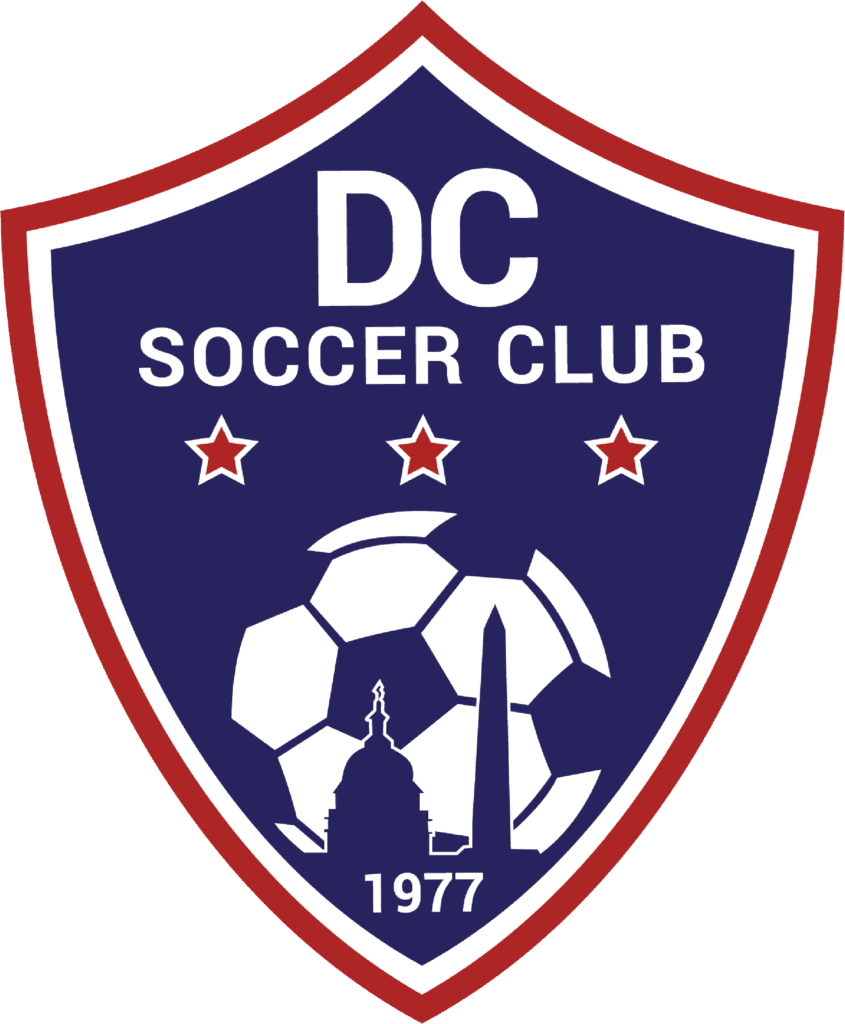The Evolution of DC Soccer Club: Lessons from Greg Andrulis’s Leadership
Greg Andrulis has a bold, strategic vision. Driven by a relentless desire to improve the performance of DC Soccer Club. Taking over during a challenging period, Greg implemented innovative solutions to rebuild the club’s technical framework, strengthen community ties, and foster growth. This article explores his journey, emphasizing his persistence to overcome obstacles. A key component of the clubs transformation was due to the high quality people that have joined the club over the past 2.5 years. Leaders can draw inspiration from Greg’s story to navigate challenges and achieve excellence.

Featured Leader:
Greg Andrulis | Executive Director
Featured Club:
DC Soccer Club, Washington DC, USA
A Bold Start to Leadership
When Greg Andrulis was appointed as Executive Director of DC Soccer Club in June 2022, the organization was at a crossroads. The club had lost half its travel players, faced stagnant growth in other programs, and struggled to compete with neighboring clubs. Recognizing the urgent need for change, Greg’s strategic vision paved a different path forward.
Reshaping the Technical Framework
One of Greg’s first actions was overhauling the club’s technical operations. He expanded the technical team from a single director to three specialized roles, fostering collaboration and efficiency. This approach supported the transformation of the travel program, which grew from 515 to over 1,000 players in 2.5 years. By prioritizing technical expertise and clearly defining staff responsibilities, the club has established a strong foundation for long-term success.




Community Engagement
Greg prioritized community engagement, understanding that a vibrant, connected community is vital for youth sports organizations. He initiated free programs across all eight District of Columbia wards, partnered with local organizations, and increased financial aid and scholarship funding to $250,000 annually. Events like Presidents’ Day free play and neighborhood soccer festivals strengthened relationships and reinforced the club’s role as a community hub.
The Power of Strategic Communication
Effective communication has become a cornerstone of Greg’s leadership. He hired a Chief Experience Officer (CXO) who oversees a professional communication team to manage social media, newsletters, and improved the quality and frequency of direct interactions with parents and coaches. This shift not only improved transparency but also amplified the club’s reach. For example, the CXO hired a social media specialist who formally worked for DC United, implemented consistent branding and innovative campaigns that resonated with members and the broader soccer community.
Overcoming Field Space Challenges
Field space remains a persistent challenge for DC Soccer Club, which relies entirely on government and school facilities. Greg and his team’s solution-oriented mindset led to creative partnerships with private facilities to secure practice and game venues. Additionally, plans to leverage capital funds aim to reduce dependency on external agencies, ensuring more stability and access for players.
Driving Membership Growth
Under Greg’s leadership, membership numbers soared. Recreational participation increased from 5,000 to nearly 7,000 players, and the travel program grew exponentially. New pathways for older players were introduced to prevent talent migration to regional clubs. By expanding opportunities and retaining players, DC Soccer Club reestablished itself as a competitive force in the local soccer landscape.
Aligning Strategic Goals
Greg’s methodical approach ensured that changes were implemented thoughtfully and aligned with long-term objectives. Partnering with an Entrepreneurial Operating System (EOS) Implementor, Greg has professionalized operations and created clear accountability structures. Weekly staff meetings, OKRs (Objectives and Key Results), and seasonal surveys help maintain focus and track progress.
Building Strong Stakeholder Relationships
Maintaining constant communication with stakeholders has been pivotal. The board—reinvigorated by Greg’s arrival—transitioned to a governing focused role, allowing Greg’s team to execute the clubs’ strategies effectively. Board members with expertise in marketing and finance contributed valuable insights, such as assisting in securing significant sponsorship deals to diversify revenue streams.
Lessons for Youth Sports Leaders
Greg’s journey offers valuable insights for other leaders in youth sports. He emphasizes the importance of lifelong learning, fostering collaboration, surrounding yourself with great people and adopting a strategic mindset. Regular engagement with leaders from neighboring clubs enabled the exchange of ideas, fostering mutual growth and innovation. The Club was recognized by the Aspen Institute as a Project Play Champion for an innovative Winterfest program supported Clubs in DC.
Celebrating Success
Highlighting achievements and taking the time to reflect on progress is important. Professional newsletters and social media updates share stories about players, coaches, and community impact. The club also offers updates through regular Town Hall meetings offered virtually and attended by 200+ members. These approaches reinforce trust among members.
Five Key Takeaways for Executive Directors
- Strategic Technical Structure: Build a talented team with defined roles to support organizational growth effectively.
- Community-Centric Engagement: Prioritize community initiatives to strengthen ties and enhance the club’s presence and inclusivity.
- Proactive Communication: Hire skilled communicators to improve transparency, member satisfaction, and external visibility.
- Problem-Solving: Address challenges creatively, such as field space limitations, by forming innovative partnerships.
- Accountability and Metrics: Use OKRs, surveys, and stakeholder feedback to ensure alignment with strategic goals track progress.
Greg Andrulis
Greg has coached at every level in the US including as the Head Coach of the Columbus Crew where he guided the team to win the US Open Cup, and MLS Supporters Shield while being named MLS Coach of the Year. Greg coached at the collegiate level for 30 years. Greg has been named to Four Hall of Fames and is in the Clemson University Ring of Honor as a member of the 1984 National Championship team. In addition to his current Club responsibilities Greg continues to serve US Soccer as a Talent ID Scout and is a MLS Match Director.
